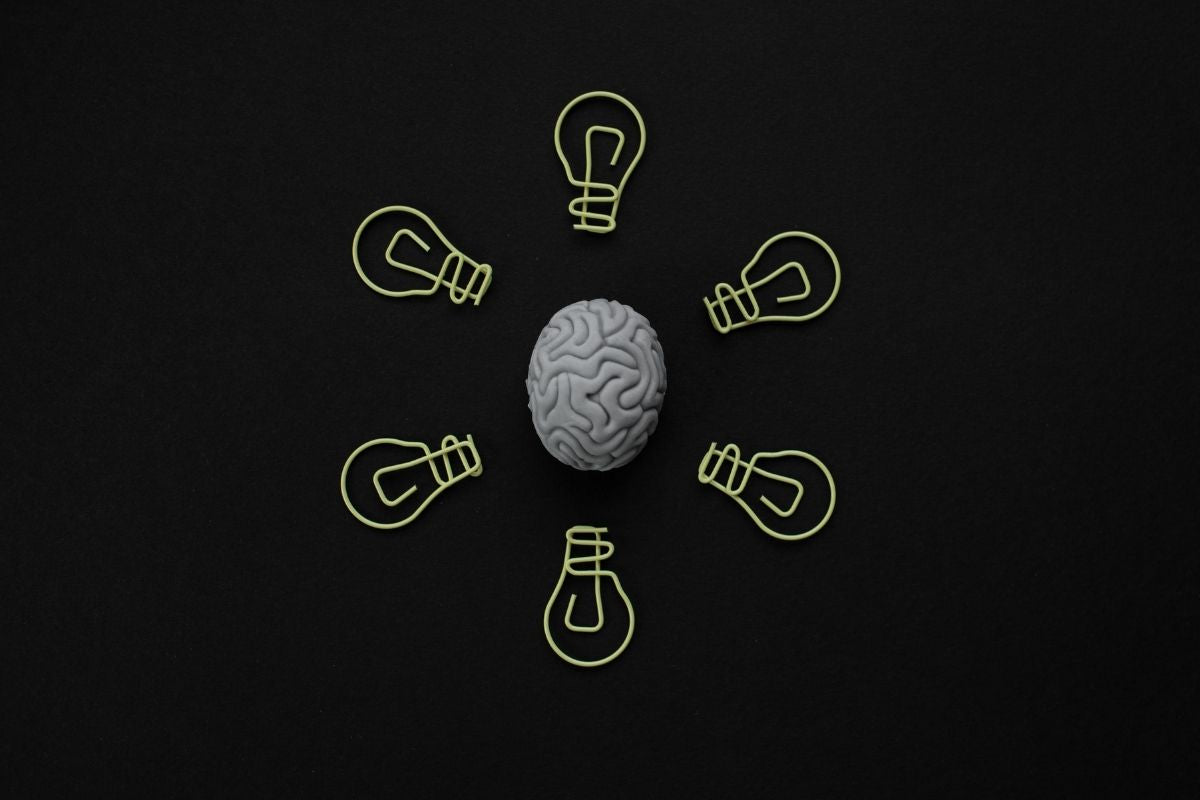Your Cart is Empty
FREE SHIPPING OVER $45 & RETURNLESS REFUNDS

If you're thinking about trying to be healthier, chances are you're probably only thinking about physical exercise and dieting. What you should also think about is how to keep your mind healthy, not just your body.
Our brains need constant activity to be able to better preserve cognitive function and memory. As we age, certain brain functionality begins to decline. Though this is perfectly normal, there are still certain things you can do to assist with slowing down the decline.
First and foremost, regular physical exercise is important to maintain a healthy brain. I know I just said you're probably only thinking about exercise and diet, but it shows that physical exercise does also improve brain function.
It is believed that the increased blood flow to your brain during physical exercise is what actually reduces the rate at which your mental functionality declines.
The physical exercise doesn't have to be strenuous, but it is important to regularly exercise a few times a week, whether it be walking, swimming, playing tennis, etc.
A puzzle can be a good way to pass time, and it can also help improve brain functionality. Working on a puzzle requires concentration and, in turn, helps to improve mental speed, reaction time, and short-term memory.
Participating in discussions, games, sports, or really any social event can help reduce symptoms of depression and stress, both of which can contribute to memory loss.
It's important to find social engagement especially if you live alone, as solitary confinement has been linked to brain atrophy.
Learning a new skill can be fun. Not only that, but it can also improve your overall memory. Because learning a new skill can be cognitively demanding, it helps keep your brain engaged.
Find something you’ve always wanted to try, like photography or quilting. Whatever it may be, make sure you enjoy it. It’s just as important that you like learning the new skill as it is to keep your brain engaged with it.
Listening to music activates some of the most diverse networks of your brain, keeping almost your entire brain engaged and active. It can also help to reduce stress, anxiety, and even blood pressure.
Listening to happy and upbeat songs has also been shown to increase your mood and provide you with more energy.
Most adults need around 7 to 9 hours of sleep each night. If you don’t get enough sleep, it can make it harder to focus on things and reduce your short-term memory. It can even make simple tasks more challenging.
Getting the right amount of sleep will keep you well-rested and help boost your memory recall, reduce your mental fatigue, and regulate your metabolism.
Meditation is an exercise that helps to calm the body and the mind. In meditation, the idea is to try and clear your mind as you focus on regulating your breath and thoughts.
Meditation can help to enhance cognitive function because it works to improve concentration. It may even help to reduce symptoms of depression and anxiety.
That can be easier said than done, but alleviating stress can be extremely beneficial for your brain health.
Over time, chronic stress can change the overall structure of your brain. This can impact your spatial memory and short-term memory by causing them to decline faster. Stress can also lead to brain shrinkage, ultimately shrinking certain areas that impact your emotions and metabolism.
A few things you can do to help reduce stress include meditation, deep breathing, and physical exercise.
Learning a new language can be difficult, but it can also help to boost and strengthen the connectivity between certain areas in your brain, allowing you to focus and process information more easily.
It has also been said that enhancing the area in the brain that can learn a new language has a role in delaying the onset of Alzheimer’s and other forms of dementia.
Eating healthy isn’t just important for your body, it’s also important for your brain. Eating healthy can help improve your focus, memory, and even your mood.
It’s important to consume foods that are high in essential vitamins, minerals, and antioxidants to help protect your brain from cell damage. It’s just as important to try to eliminate any unnecessary processed foods and sugars.